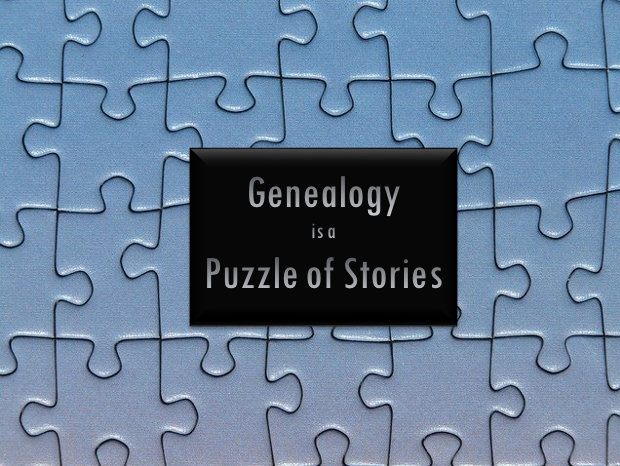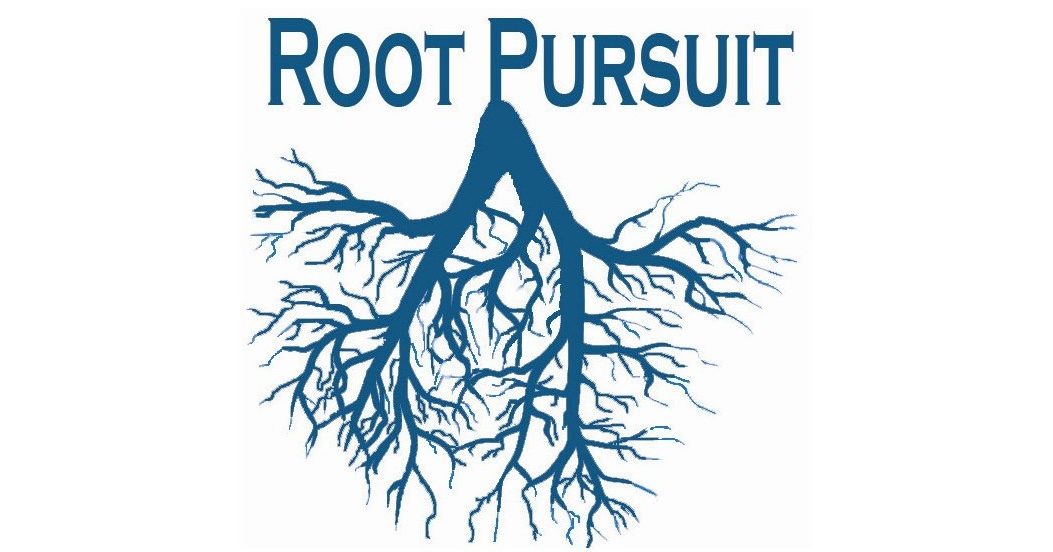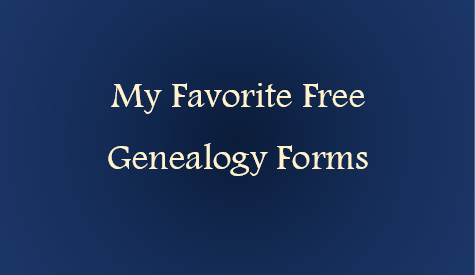Written by Heather Wylie.
‘Tis the season of activating those gifted memberships or DNA tests that Santa Claus stuffed into stockings and under trees. If you’re new to researching family history there are so many directions that to start can be a little overwhelming. When I was a new researcher, I was so focused on trying to go back as far as I could, as quickly as I could, that I made errors along the way I had to correct. Here is some beginner guidance: start with yourself. There are many reasons to start with yourself (and you’ll find as you log in that countless family history sites often start with you), but let’s touch on three main reasons:
You are the ultimate authority on yourself.
In general, we know all there is to know about ourselves. One of the most important things that we can verify in research is where someone was born and who they were born to. This is something that many of us know – or if we don’t know it, this information is something that isn’t too difficult to find. When I began compiling information on myself I found my birth certificate (with prints of my tiny baby feet!), pictures I’d never seen before, and information that had been recorded into baby books that hadn’t meant that much to me until I began actively trying to gather information. Who better to document where you have been and what your experiences have been than you? You know where you went to school. You can recall your first kiss. Document those memories and experiences!
Researching yourself is an excellent practice for researching other ancestors.
There can be so many helpful hints available online. Some of the information generated for you is right and some of it is wrong. When I was in college I became aware of another “Heather Wylie” in my tiny little town. We had a different middle initial and a different spelling for our surname (which doesn’t mean that much in these parts because people constantly misspell my last name) but we were born on the same day. Our fathers even go by “John.” Man! Talk about confusing. In college, my doppelganger got into a wee bit of legal trouble that caused some inconveniences for me. If our information had been appropriately cross-referenced (look at that middle initial and surname spelling folks), it would have provided clarity to the situation. You’ll encounter moments like this in your own research. Practicing cross-referencing sources on yourself is the best way to practice that information on ancestors. Does your information match your state birth index? What about city directory or phone book information? When you build your tree double-checking the information that you find in records it will also help you more easily identify it. If an ancestor’s name suddenly appears someplace that isn’t supported by any other record, it might not be your ancestor.
You’re contributing to the research of others.
The amazing thing about genealogy is the connection to others. You’ve got countless cousins. They’re just as curious about you as you are about them. Load up those documents. Don’t hide that kindergarten graduation picture with the bad haircut. Someday you’ll share your hard work with other researchers. Think about your contribution to the conversation for the people coming behind you! My paternal grandmother was born on March 12, 1911. She was a little over a year old when the Titanic sunk (which is a bigger deal for me, a 90s child, who grew up watching Jack and Rose’s love story play out on the silver screen). When I was born, my grandmother was 77 years old. By the time that I was old enough to start expressing interest in family history, she had dementia and was in very poor health. My grandmother did take a moment to write down some memories and experiences of her childhood, the story about meeting my grandfather, and some adventures she had in her youth. She has forever contributed to the conversation that her descendants are having by taking the time to document herself.
Genealogy is a puzzle of stories that come together to weave a large tapestry over time. It doesn’t have to be a story with a linear start and end. The pieces may come together in no particular order. Don’t begin your journey trying to get as far as possible. Instead, focus on quality and sharpening your research skills. So, my friend, start telling your story by beginning with the piece that you know best: you!




